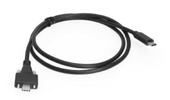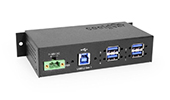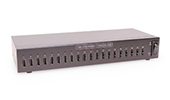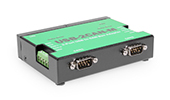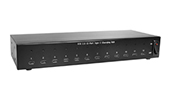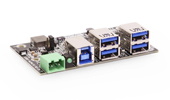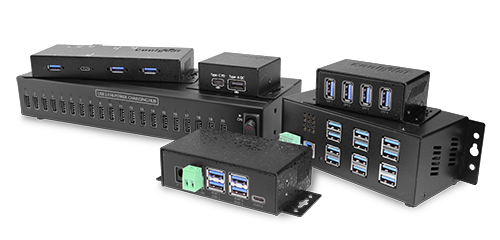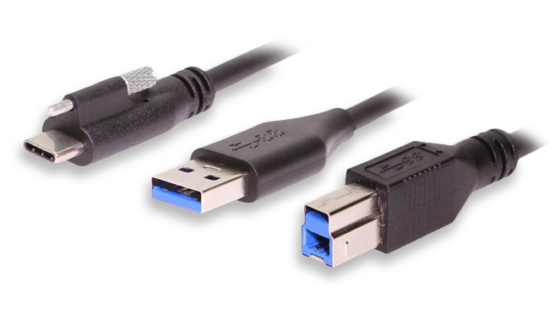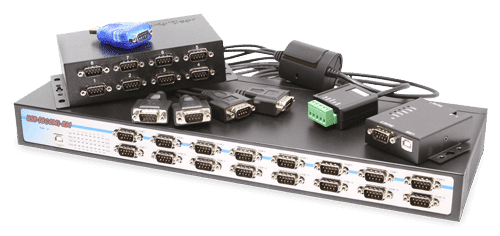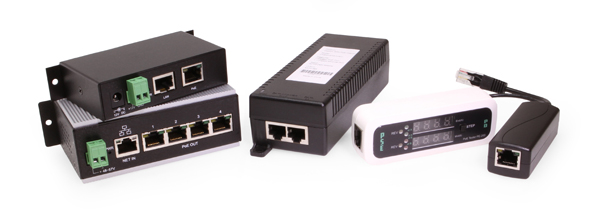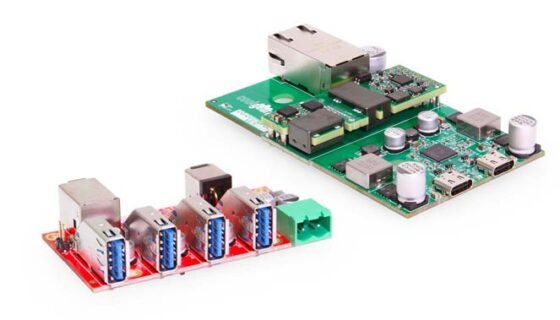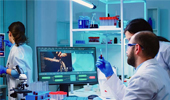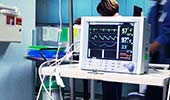Medical USB devices are valuable and reliable when they are well made. They can perform specialized monitoring tasks and transmit information to almost any computer. The devices can draw their power from the connector.
USB connections have a high level of compatibility. Devices supporting old versions of the protocol work with the latest computers and drivers, and speedy USB 3.1 devices can fall back on earlier protocol versions when connected to older computers. Connecting Type C ports to Type A is just a matter of getting the right cable or adapter.
The ability to power devices through the cable is often useful. There’s no need for an external power supply to plug in, and there’s no need for batteries that may run out of charge at an inconvenient time.
Safe and Secure Connections
Some people are concerned that USB devices may not be safe enough for medical applications. Any detachable device can be used carelessly, but it’s not the fault of the connection. People have been known to pick up USB thumb drives that were left in parking lots as bait and plug them in. It’s not surprising if that gets them into trouble.
With proper precautions, USB devices are highly safe. The connection is hard-wired, so it doesn’t have the complications and risks of a Wi-Fi or Bluetooth connection. Configuring a wireless connection carelessly can expose data to interception; configuring a USB interface incorrectly results, at worst, in no connection.
Because USB is a widely used protocol with backward compatibility to 2.0 in both directions, devices can easily be moved from one computer to another.
Simple Steps for USB Safety
Any removable device has its risks. Some simple practices will keep these risks to a minimum and ensure reliable use of medical USB devices.
- Encrypt any local storage on the device, using a strong algorithm. If the device holds patient data for its internal use, be sure to use only devices that can’t yield up that information without authorization. Make it clear to employees that they must never store patient information on unencrypted devices.
- Don’t allow unauthorized USB devices. This needs to be enforced by policies and training. The only devices that should be connected are ones issued by the organization. Employees should never bring in drives from outside, even if they have cute shapes.
- Turn off auto-run (also known as auto-play) on all computers that deal with sensitive data. This will reduce the chance of problems if someone inadvertently plugs in a hostile device.
- Install software that will monitor and log all USB usage on computers that handle personal health information. Inform employees that their usage is being monitored. If any of them plug in unauthorized devices, give them a stern warning.
There are just sensible security precautions, and for the most part, they apply whether your organization uses its own USB devices or not. HIPAA compliance requires keeping personal health information safe, wherever it’s stored.
Use High-Quality Hardware
Computers for medical applications should use trustworthy, reliable hardware, and USB ports and hubs are no exception. Coolgear delivers hubs that will perform consistently in clinical environments where failure is unacceptable.
Cheap devices may break or short out under repeated insertion and removal. The physical connection should be as sturdy as possible. The power capacity should be enough to handle all the devices that will be plugged into the hub. Clinical personnel shouldn’t be afraid of what will happen when they plug in one more device.
Good security practices and good equipment are the keys to the safe and reliable use of USB-connected clinical equipment. Contact us for information on equipment that will satisfy the rigorous needs of the health care industry.

